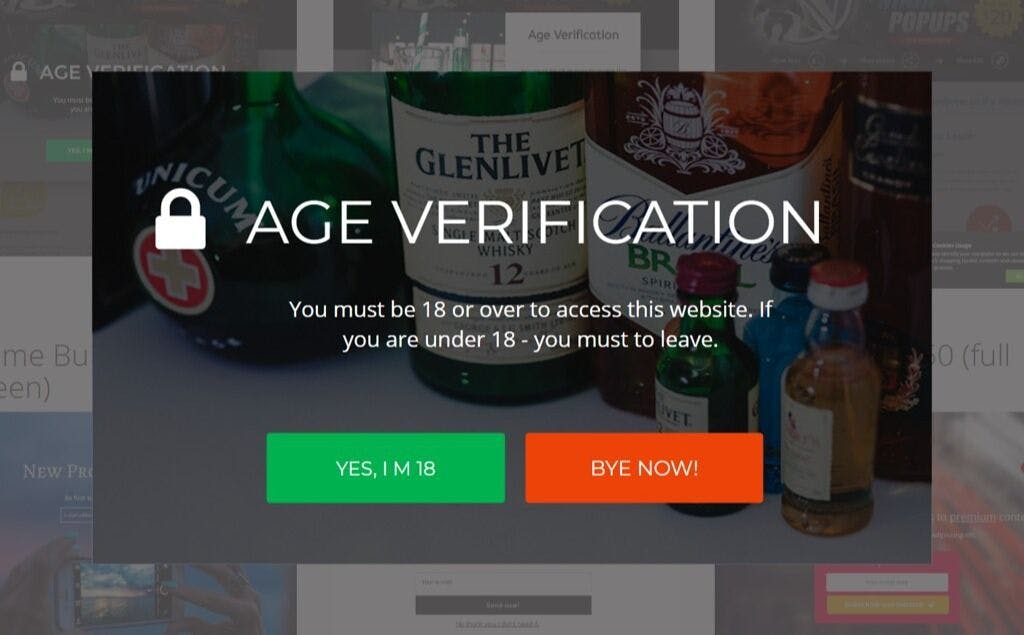173 reads
6 E-Commerce Industries That Require Digital Age Verification Solutions
by
November 14th, 2021
Audio Presented by

An aspiring technical writer aimed at infusing readers with mind-boggling content.
About Author
An aspiring technical writer aimed at infusing readers with mind-boggling content.
